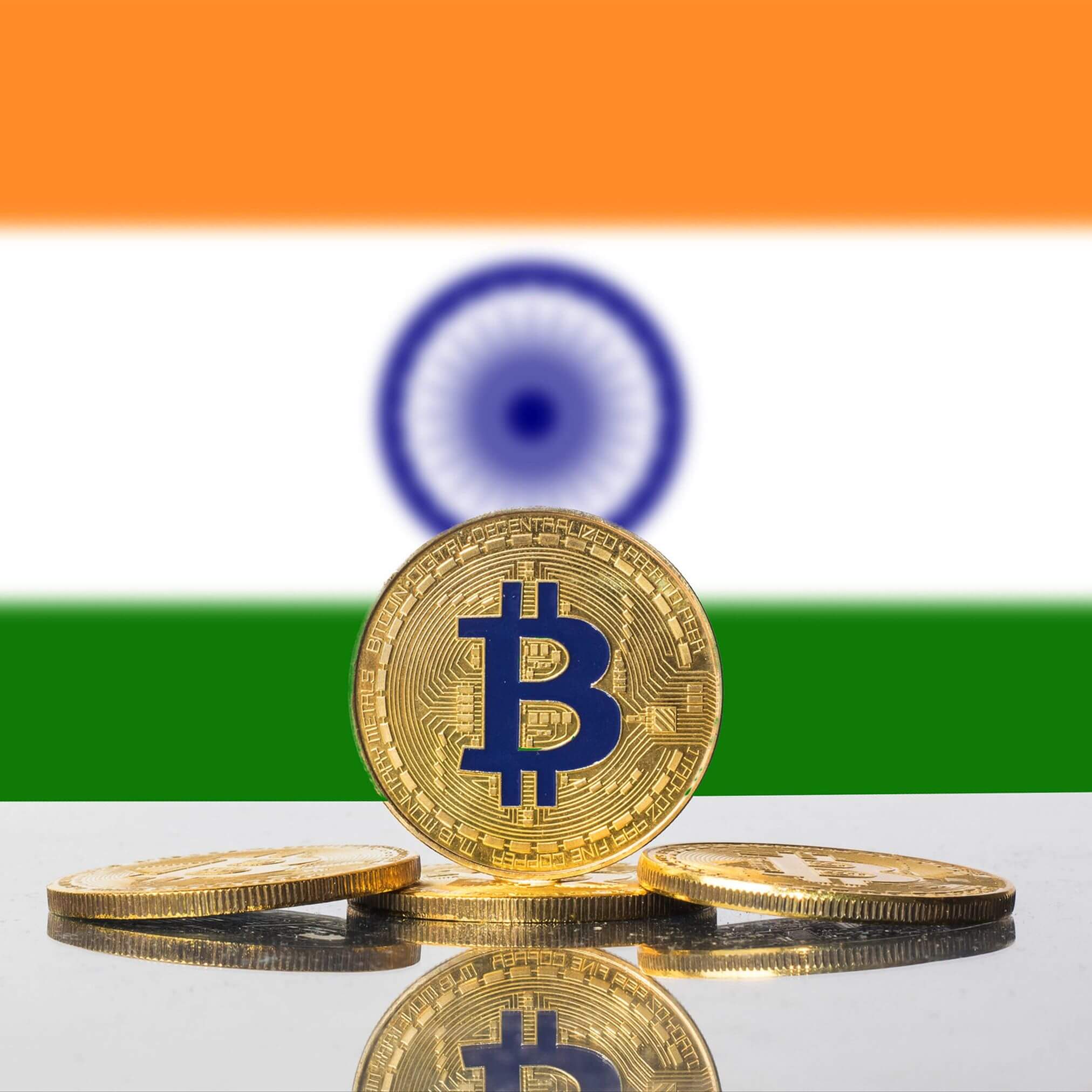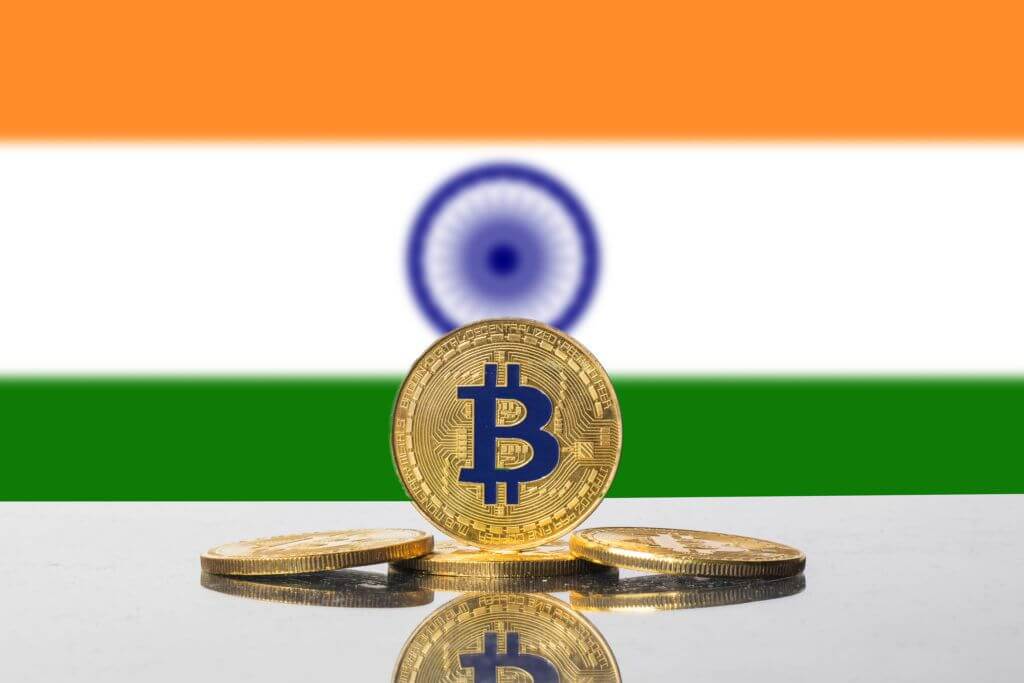
The court case that will decide the future of Indian cryptocurrency trading took another twist this week. It has been confirmed that the Reserve Bank of India (RBI) hasn’t completely banned cryptocurrencies. What happens next will define the country’s crypto future.

“Golden Bitcoin and flag of India” (CC BY 2.0) by wuestenigel
The Latest Details
The latest revelations came when a new document from the RBI was submitted to the country’s Supreme Court. This happened in September but the full details have only now been revealed, in the second week of the case.
In the document, they confirm that they have “not prohibited VCs (virtual currencies) in the country”. So, there is no blanket Indian cryptocurrency trading ban in place. People can still trade coins, but businesses that deal with them can’t get banking facilities.
This is because the authorities have “directed the entities regulated by it” to avoid any company that offers crypto services. The RBI has told these entities that they can’t provide their services to anyone who deals with cryptocurrencies.
This confirms the scope of the RBI ban that was announced in April of 2018. Once this was issued, the Internet and Mobile Association of India (IAMAI) fought back against the ruling. This is what has led to the current court case.
How Did They Handle the Ban?
Interestingly, the reply to a Right to Information (RTI) request has given an insight into how the RBI handled this case. It shows that they didn’t carry out research on digital currencies before issuing a ruling against them. The RBI counsel has pointed out that they have been urging caution on cryptocurrencies since 2013, though.
This RTI was raised by Ashim Sood, on behalf of IAMAI. He used this as evidence that the RBI did not have reasonable grounds to discourage cryptocurrency use in India. Sood pointed out that the authorities failed to fully consider whether digital coins should be seen as an alternative, legitimate type of investment.
The opinion of Sood is that the RBI carried out insufficient research to reach a reasonable conclusion. He believes that the financial authorities should create regulations that control a healthy Indian cryptocurrency trading market.
The Future
The Supreme Court hearing is set to resume on January 28. The court has already made the point that the current Indian cryptocurrency restrictions hurt businesses but don’t stop trading. In the past, they have urged the RBI to develop crypto legislation too.
With a population of 1.3 billion, India is the world’s second most populated country. As it has a large percentage of technology-savvy people, it could become one of the biggest crypto markets too.
A positive outcome with new regulations for the country would be a huge boost for the whole market. While trading isn’t illegal just now, a clearly regulated market could encourage far more Indians to buy Bitcoin and other altcoins.

